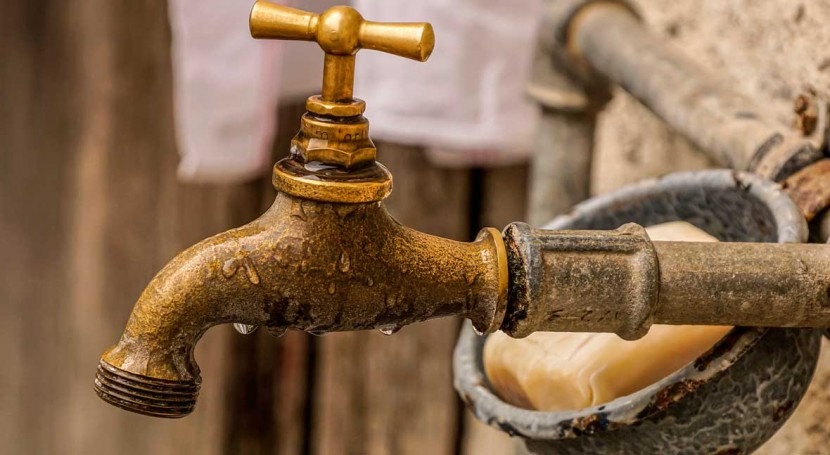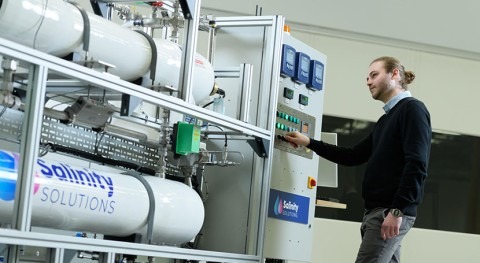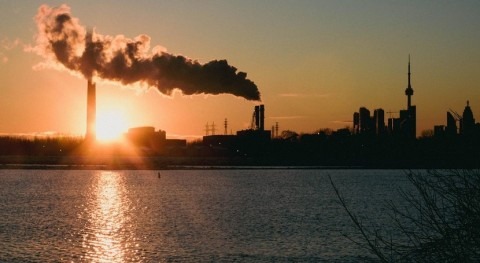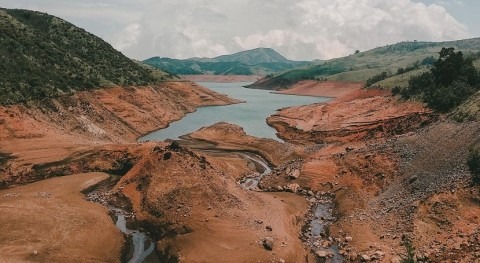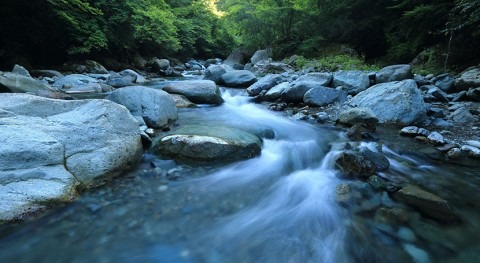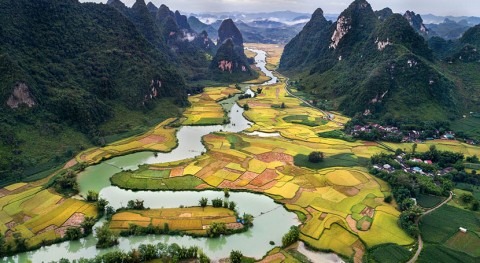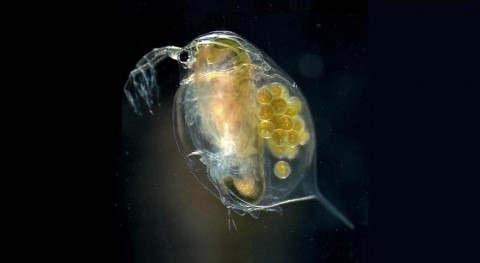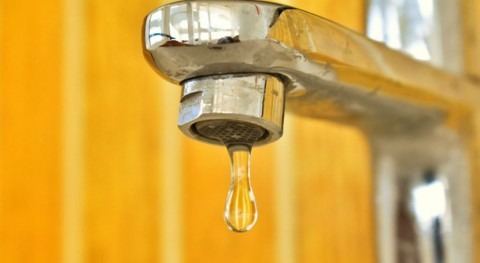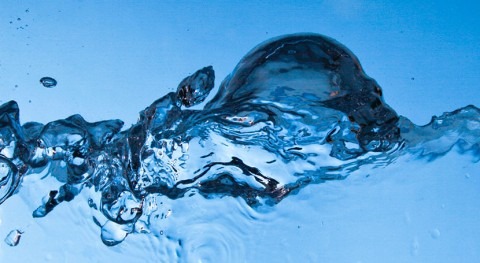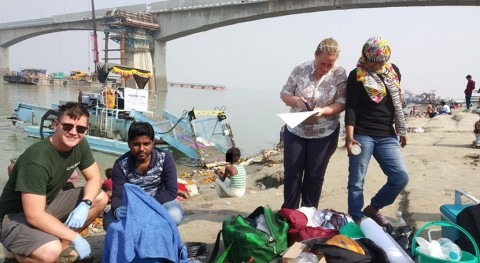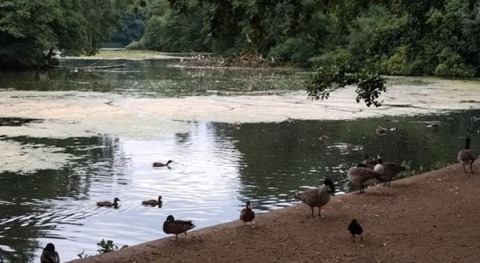Urgent action on water security is essential to better prepare societies for future global health crises, say experts at the University of Birmingham in the UK and Northwestern University in the US.
In a comment article published in Nature Sustainability, the researchers are urging policy makers across the world to focus on behavioural change, knowledge promotion and investment in water infrastructure. The call follows studies revealing nearly a quarter of households in low and middle income countries have been unable to follow basic guidelines on handwashing – recognised as critical for preventing the spread of the coronavirus pandemic.
Professor David Hannah, who holds the UNESCO Chair in Water Sciences at the University of Birmingham’s School of Geography, Earth and Environmental Sciences, says: “The COVID-19 pandemic has laid bare the urgent need for global action on water security. This is a basic human right that is not being met in large sections of the world’s population and COVID-19 has provided us with a wake-up call that we cannot afford to ignore.”
COVID-19 has provided us with a wake-up call that we cannot afford to ignore - Professor David Hannah
Specific areas which need addressing include:
- Improving water infrastructure and technologies: Protecting water sources is key to ensuring safe drinking water. Approaches should include adequate water treatment and distribution systems, as well as developing ways to recycle and reuse domestic wastewater and rainwater. These sorts of measures may be more cost effective than building expensive new infrastructures such as dams or purifying water after it has become polluted.
- Promoting behavioural change: Local leaders and communities should grasp the opportunities to promote and embed good hygiene behaviours in the wake of the COVID-19 pandemic. This includes rethinking our appreciation of the value of water and how to use it sustainably. This is important since future predictions on climate and population change mean even communities with good access to water may face an uncertain future.
- Promoting alternatives: Predicting and planning for relief efforts such as temporary taps or hand sanitiser products will be increasingly important as climate change and population growth progress. Opportunities for handwashing vary widely across regions and even within households, so hotspots (areas with insufficient clean water) and hot moments (periods of time when clean water is inaccessible) need to be adequately forecast and prepared for.
Co-author Professor Iseult Lynch says: “The COVID-19 pandemic may serve as an opportunity to change behaviours. For example, over-reliance on commercially bottled water can quickly become self-sustaining and disincentivise investment in sustainable water infrastructure. Rethinking the value of water as a multi-purpose resource and how to use it sustainably is required urgently.”
Rethinking the value of water as a multi-purpose resource and how to use it sustainably is required urgently - Professor Iseult Lynch
“Both the World Health Organisation and UNICEF acknowledge the scale of this challenge,” adds co-author Professor Stefan Krause. “Water insecurity has consequences for the well-being – both mental and physical – of billions of people. The costs of not preparing for future crises will be catastrophic.”
Dr Sera L. Young, Associate Professor, Anthropology & Global Health, at Northwestern University, says: “This is a great example of how our HWISE scale, that measures household water insecurity experiences, makes visible the often invisible crisis of water insecurity. Inequalities in access to a resource fundamental for existence, and for preventing transmission of COVID, must not continue. My co-authors and I lay out some key actions that can make the world more water secure, and safer for us all.”


